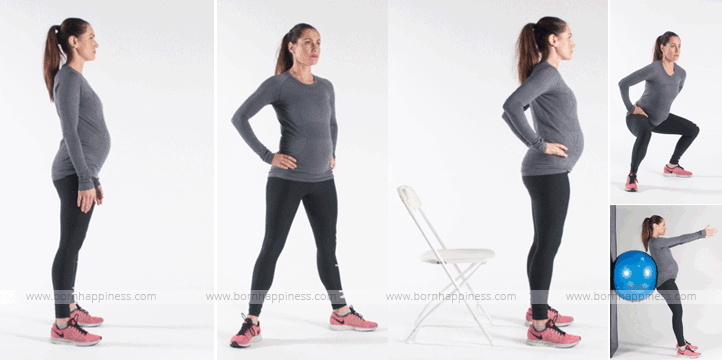Diet & Exercise
A balanced diet with high-fibre foods and plenty of water intake is a must. Avoid eating for two and maintain the calories around 2,000 per day for moderately active women.
- 8 to 12 ounces of well-cooked Seafood each week
- Fortified cereals and other grain-based foods
- Lean meat, fish and eggs
- Pulses like beans and lentils
- Wholegrain brown rice and quinoa.
- Whole-grain bread, crackers and pasta
- Low-fat milk, cheese and yoghurt
- Tofu and soy products.
- Calcium-rich foods like broccoli, okra, mustard greens, beans and kale.z
- Zinc-rich foods like shrimp, crab, oysters, meat, fish, dairy products, beans, peanut butter, sunflower seeds, ginger and onions
- Iron-rich foods like dried beans, dried fruits like apricots, dark green vegetables like spinach, millets and oats.

Foods good for you:
- Undercooked or raw meat
- Unpasteurised dairy products
- Liver and liver products
- Mould-ripened soft cheeses
- Fish with high levels of mercury
- Spicy or greasy foods
- Processed food
- Raw sprouts
- Unwashed fruits and vegetables
Avoid:
30 minutes of physical activity for at least five days of the week is healthy for yourself and your baby. Low impact aerobics, walking, swimming and yoga are a great start. Do not let your heart rate exceed 140 beats per minute while exercising. Stationary cycling is recommended as opposed to regular cycling which has a risk of causing injuries.
- Heavyweight training
- Exercises lying on your back or stomach
- Abdominal strengthening exercises
- High-impact sports
Exercises to avoid:
Exercise may be harmful if you have an obstetric condition like a weak cervix. Consult your doctor for exercise recommendations according to the condition of your body.

Tags:
diet

